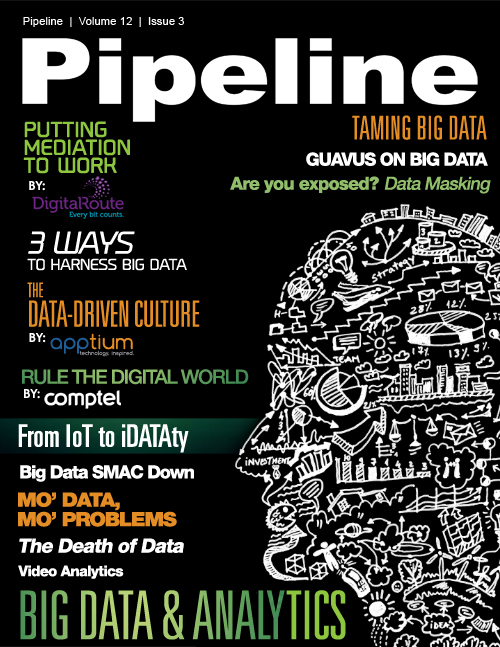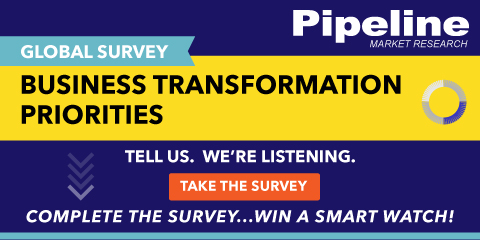Where does big data go when it dies (and why should we care)?
There’s probably a viable business in re-animating services that go gently into that dark night. Another option might be providing emergency backup in the event of a massive failure. Many service providers possess the data center capacity that could enable such a business.
Who owns big data?
Big data is big business, so big that a handful of massive companies now possess databases that are accumulating the entirety of the world’s knowledge. Combine this data with analytical tools to extract and predict behavioral patterns, and you have all the makings of Skynet. Let's cut to the chase: Facebook, Google, Apple, and Amazon are in possession of the keys to the digital kingdom. And since most connected humans use services from these big four, it could be argued that they own us, or at least our digital selves. But could we create a similarly powerful public data infrastructure, a big data for the masses, that anyone in the world could access?
This is a very interesting wrinkle in the big data story. Technically, users have access to their Facebook data, for instance, but is this leveraged by users in any meaningful manner? As we’ve learned from both the Internet itself and web-based platforms (vs. OS-driven), unfettered access drives innovation.
A recent academic paper published by MIT examined the idea of a non-profit data store that could potentially have the power of a Facebook, Google, or Amazon. In fact, this is probably the one development that could really disrupt the business plans of the predominant digital enterprises. We already know that Google’s search algorithms are subject to, shall we say, monetary influence. A free public resource could become viable, the way Wikipedia has, for example.
The big question, of course, is who pays for this? The infrastructure to collect, store, manage, and correlate all the data in the world isn’t exactly cheap, at least in aggregate. However, a consortium of public institutions could potentially share resources and fund such a project. The US Government has a tiny version online already, at www.data.gov. It currently offers more than 160,000 data sets to the public, researchers, and developers at no cost. Many universities operate a similar service, as do some municipalities. Then of course there are the gray-area data repositories, like Wikileaks, which catalog data that companies and governments would prefer remains secret. And since consumers technically own the data they share with their social networks and web services, a “scraper” app or service could become popularized that gathers all of this data and stores it for personal use. Think about it: given an equal playing field (that is, equal access to data), who do you trust more to tell you about your digital life, you or a for-profit company?





















